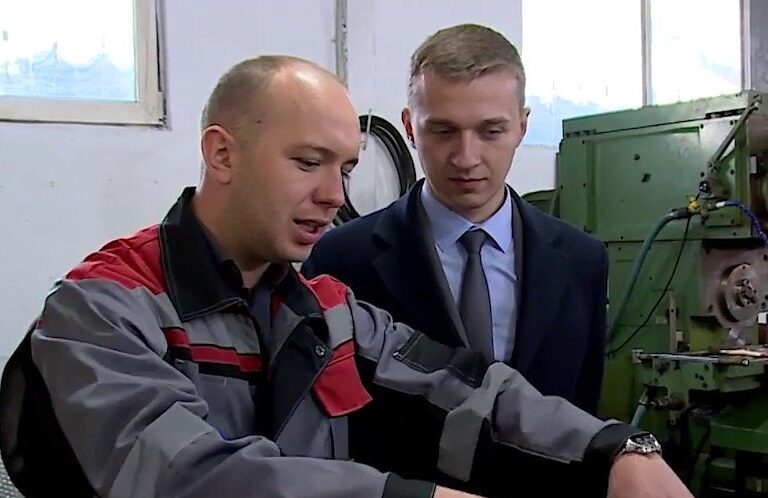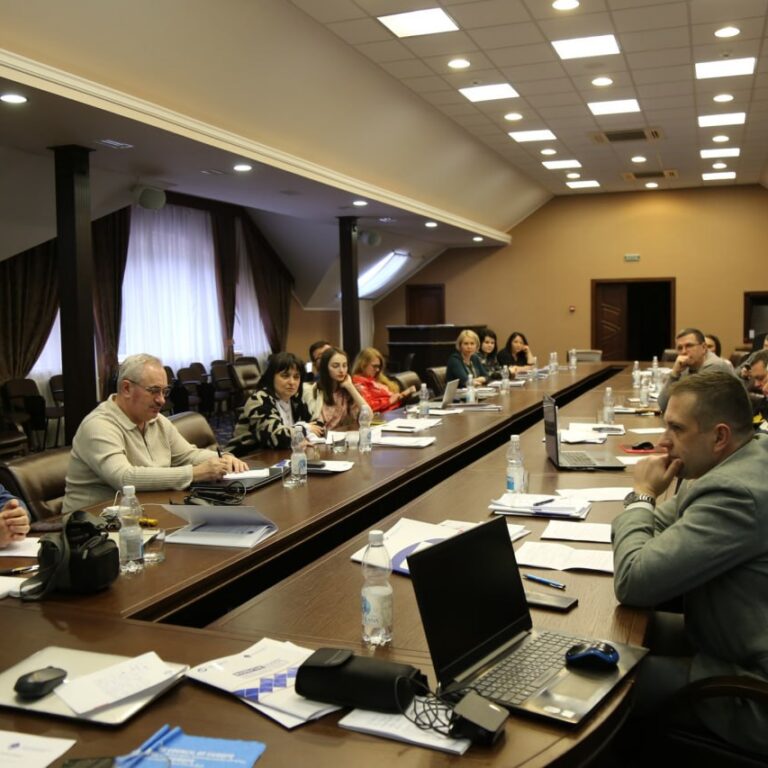On February, 27 American Bar Association published essay of Professor Cindy G. Buys from Southern Illinois Univercity “The Role of Sanctions in Moderating Russian Federation Behavior” devoted to analysis of sanctions’ impact against aggressor, that definitely have key significance for processes of deoccupation and reintegration of Crimea.
Professor Buys holds leadership positions in the American Association of Law Schools, the American Society of International Law, the American Bar Association, and the Illinois State Bar Association. She was an international attorney-advisor with the U.S. Department of Commerce’s Import Administration, where she had the privilege of representing the United States before the World Trade Organization as well as in U.S. courts. Also Professor Buys had private practice with a Washington, D.C., law firm that specialized in international transportation law. Professor Buys reminded in her essay on the “Stand Tall for the Rule of Law” Summit in Lviv, Ukraine on December, 2023 she participated. She stressed that seventy-five international delegates from fourteen countries and seventy-five Ukrainian leaders in law and government came together to discuss how to invigorate global calls for the protection of human rights, ensure accountability for war crimes in Ukraine, and overcome obstacles to rebuilding a just, peaceful, and prosperous post-war Ukraine.
Professor Buys’ article summarized some discussions of the Summit’s Working Group, tasked with addressing the question of “The Role of Sanctions in Moderating Russian Federation Behavior”, co-chaired by Colleen Graffy of Pepperdine Caruso School of Law and Oleksii Plotnikov, from our Association of Reintegration of Crimea. Professor Buys stressed, that the charge given to the Working Group acknowledged that despite extensive and unprecedented sanctions imposed on Russia by the United States, the European Union, and their allies in response to its war of aggression against Ukraine, Russia has been able to undermine the effectiveness of those sanctions by exploiting the vulnerabilities of a deeply fragmented international order.
Professor Buys pointed, that existing sanctions target specific exports from Russia such as oil and gas products, as well as fish, seafood, alcohol, diamonds, and luxury goods, that the United States prohibits new investment in Russia by U.S. persons, as well as most services and financial transactions. She added that a newer innovation in the U.S. sanctions program is the targeting of industry sectors in the Russian economy such as architecture, engineering, construction, manufacturing, transportation, metals, and mining.
Professor Buys added, that the Working Group discussion began with a recognition of the multifaceted goals of the sanctions, including hobbling Russia’s war effort and bringing a halt to the fighting by denying Russia access to goods and technology that might give it an advantage on the battlefield. In addition, freezing Russian assets abroad not only reduces Russia’s access to revenues but may give Ukraine time to use other measures to obtain access to those assets to satisfy any judgments from international tribunals ordering Russia to pay reparations.
Further, the sanctions are intended to communicate disapproval of Russia’s actions, avoid complicity in its international crimes, and demonstrate to Ukrainians that the international community stands with them. Professor Buys pointed in the article, that the Working Group then addressed further steps that can be taken to strengthen the effect of the sanctions on Russia. The Working Group quickly identified that one major obstacle to the effectiveness of the sanctions on Russia is the lack of widespread international cooperation. While there is a coalition of approximately thirty countries that are imposing sanctions on Russia, many more are not. The Working Group briefly considered whether additional action in the UN General Assembly is a feasible and useful alternative to build international support, even if such resolutions would be non-binding.
As can be seen from Professor Buys’s article, many useful suggestions regarding sanctions provided by our Association’s experts to the Working Group are now being actively discussed by our American colleagues.







